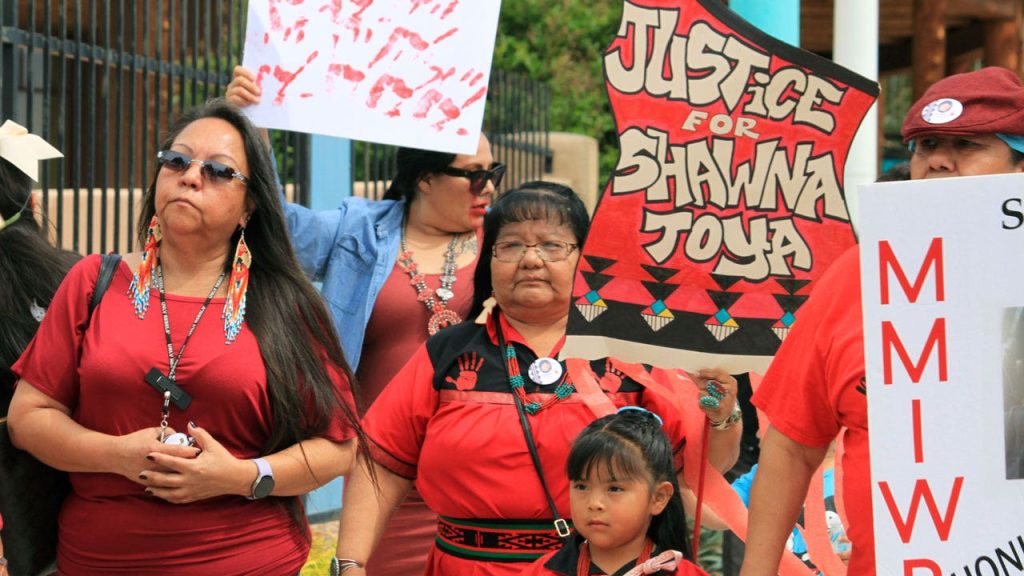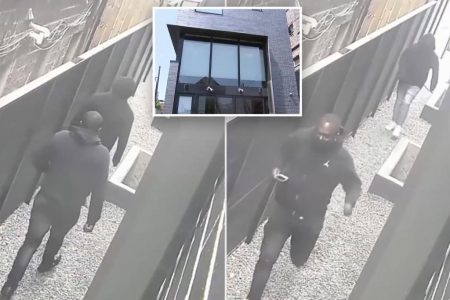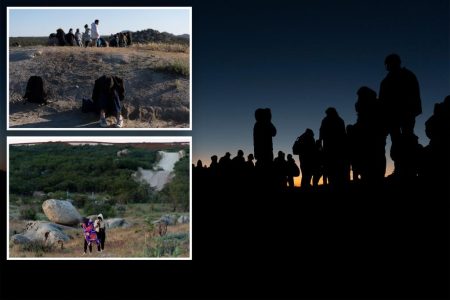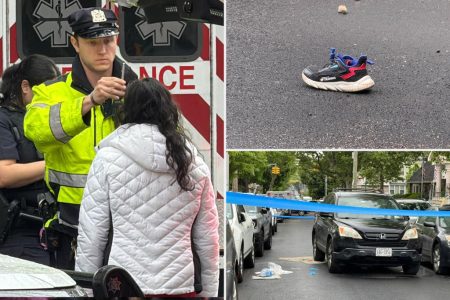The Native American man was found dead on a remote gravel road in western New Mexico, with trails of blood and apparent signs of head trauma. Security camera footage showed the victim, identified as John Doe, walking near a convenience store in Gallup. A man from Zuni Pueblo has been indicted for second-degree murder in connection with the death, with authorities suspecting him in a series of crimes targeting Native American men in Gallup, Zuni, and Albuquerque. Investigators discovered belongings belonging to other men when searching his vehicle and residences. This case highlights the efforts of the U.S. Department of Justice’s Missing and Murdered Indigenous Persons outreach program to improve communication and coordination among various jurisdictions to solve violent crimes in Indian Country.
While the nation came together to bring attention to the high number of disappearances and killings in Indian Country, the case in New Mexico exemplifies the efforts of the U.S. Department of Justice in addressing these issues. Special teams of prosecutors and coordinators have been working on Missing and Murdered Indigenous Persons cases, aiming to bridge gaps between federal, tribal, state, and local authorities. Families and advocates gathered for MMIP Awareness Day events across the country, sharing their stories, frustrations, and demands for justice. Geraldine Toya, a mother of a victim, expressed the hardships of seeking answers and the lack of resources in Native communities, vowing to support other families through their struggles.
U.S. Attorney Alex Uballez shared that the outreach program is starting to show results, emphasizing the importance of communication between agencies in identifying patterns that impact communities across borders. Assistant U.S. Attorney Eliot Neal oversees MMIP cases in New Mexico and neighboring states, highlighting the significance of relationships with Native American communities and making the justice system more accessible. The DOJ has awarded grants to tribal justice systems for handling abuse cases, combating violence, and supporting victims. The focus on MMIP cases is unprecedented, with multiple prosecutors and coordinators dedicated to addressing these issues and ensuring future generations do not face the same disparities.
Assistant U.S. Attorney Bree Black Horse, who works on MMIP cases in a five-state region, emphasized the importance of raising awareness and addressing the trauma experienced by Indigenous communities through her work. The slow progress of the federal government in addressing these issues is contrasted with the advocacy efforts of tribal communities who consistently push for improved public safety. The man charged in the New Mexico case, Labar Tsethlikai, has pleaded not guilty to the alleged crimes, which prosecutors argue were linked to preying on vulnerable individuals. Tsethlikai remains in custody as authorities continue to investigate multiple cases involving additional victims.
The case in New Mexico underscores the ongoing challenges in addressing violence against Native American communities, despite efforts by federal authorities to improve communication and coordination. Families and advocates continue to demand justice and resources to address the disproportionate number of missing and murdered Indigenous persons. The work of prosecutors and coordinators dedicated to MMIP cases aims to address systemic issues and provide support to victims’ families. As the nation grapples with the legacy of violence in Indian Country, the call for accountability, awareness, and justice remains a crucial aspect of addressing these longstanding challenges.















